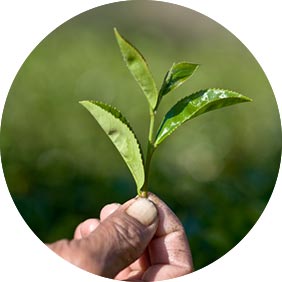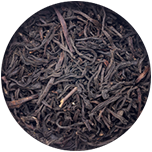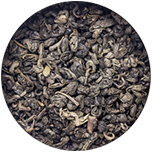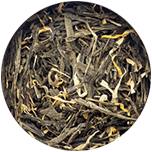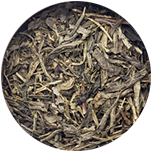Tea has been drunk for 5,000 years!
According to the legend, it happened thanks to the progressive emperor Shen-Nung. During his reign, it was ordered to boil all water for hygienic reasons. Rumour has it that the emperor and his aides were on the road once, boiling water for refreshment at a short stop. However, some leaves fell into the cauldron and the water turned brown. Everyone liked the drink, and the emperor ordered that unknown plant to be taken to the imperial court and examined.
The word „tea“ comes from Chinese
In the Mandarin and Cantonese dialects, tea is pronounced as „ccha“. In the Min dialect of the important port of Sian-men, the word „te“ is used to describe tea - hence the name in English, German and other languages.
The whole book, dating from the 8th century AD, is dedicated to tea
It was written by a great tea connoisseur, the Chinese writer Lu Yu, and the book is called Ch'a Ching, or the Tea Classic.
The ritual of drinking tea originated in Japan many thousands of years ago
Drinking of tea was brought to Japan by Buddhist monks who studied in China.
The first shipment of tea arrived in Europe in 1606
The consignment traveled for many months from China via Java to the Netherlands. There, drinking of tea soon became fashionable among the rich and spread to other European countries.

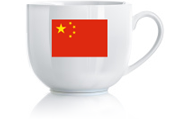 China
China Egypt
Egypt India
India Indonesia
Indonesia Iran
Iran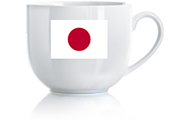 Japan
Japan South African Republic
South African Republic Kenya
Kenya Malawi
Malawi Marocco
Marocco Papua - New Guinea
Papua - New Guinea Russia
Russia Thailand
Thailand Argentina
Argentina Ceylon (Sri Lanka)
Ceylon (Sri Lanka)